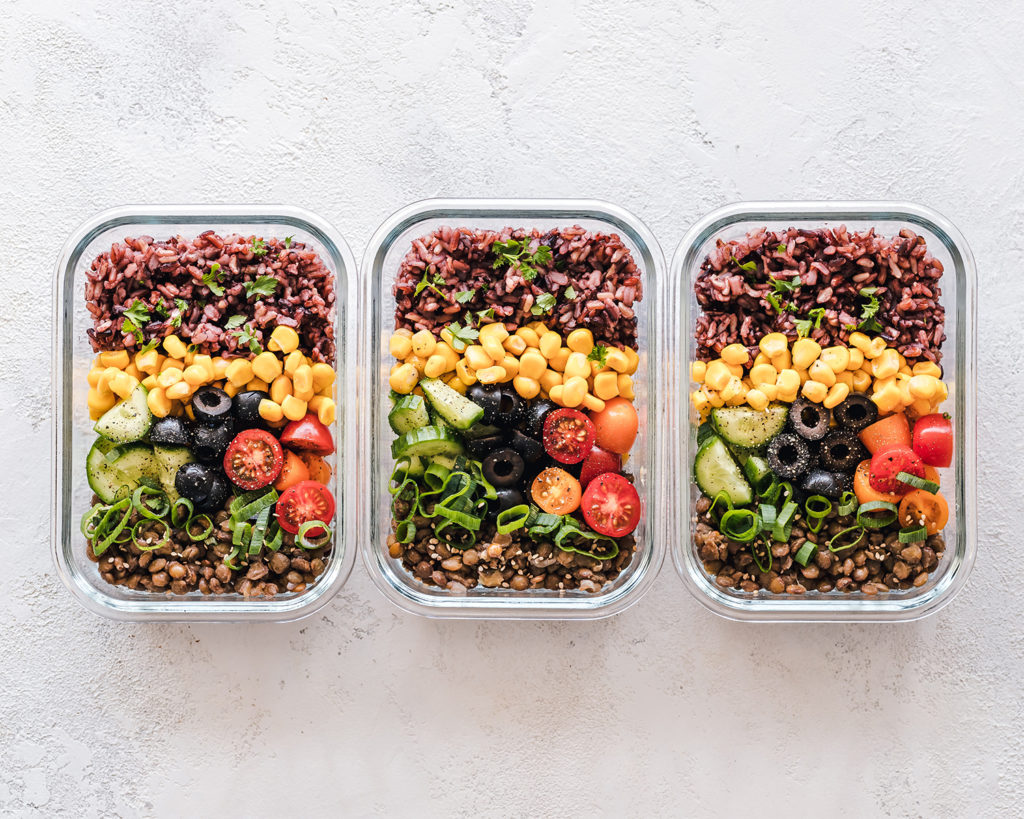Following keto, paleo, plant-based, Mediterranean or something in between? Remember the 4-4-9 rule.
Functional medicine expert Bryce Wylde explains why everyone, no matter what diet plan you follow, will do better by incorporating healthy fats.

Whether for health or weight loss, there may never be a way of eating that is perfect for everyone. “About 25 percent of people gain weight while following a strict keto diet,” observes Functional Medicine expert Bryce Wylde, BSc, DHMHS, Homeopath. “Some people gain weight on carbohydrates. Others do not. Some people are better off eating vegan. But one thing is universal: Everyone would do really well to incorporate healthy fats into their diets.”
As a clinical practitioner, Wylde understands that an individual’s DNA at least partially dictates how their body responds to food. “There are genes that dictate whether your body tends to store fat or burn it as ketones. There are genes that influence if people are good starch metabolizers. They can eat rice and beans all day without issue. For others, it might be best to sway over to meats and fats.”
He encourages people not to go all the way down one road dietarily unless they understand themselves better. “In the most general terms, you can have your DNA analyzed then use a self-decode website to turn those results into actionable items.”
The 4-4-9 rule and other healthy eating tips
In the meantime, Wylde offers his advice for fueling your body with the right nutrients.
- Understand the 4-4-9 rule. “The total calories of a food can be deceiving. The 4-4-9 rule simply means that proteins and carbs each contribute 4 calories per gram while fats contribute 9 calories per gram.”
- Don’t be afraid of fat. “I’m a huge proponent of getting 60-75% of calories from healthy fats and the rest from protein. (Don’t count calories from fruits and vegetables.) Fats are harder to digest but they burn more slowly than protein or carbs so you’re not constantly wanting to eat. For years, science has repeatedly shown that saturated fats have a neutral effect on heart health, but the general public didn’t get the message until keto came along and made fat friendly again.”
- Eat clean, nutrient-rich fats. “Clear and translucent oils such as canola are pretty much devoid of micronutrients. On the other end of the spectrum is bright red Malaysian palm oil, which is one of the richest in nutrients including vitamin E tocotrienols and more vitamin A carotenoids than carrots. It’s pressed from the trees’ fruit, similar to how another nutrient-rich oil, olive oil, is extracted. Due to their differing smoke points, use palm oil for cooking and olive oil for lower heat dishes and salad dressings. You might also enjoy palm oil in your morning coffee instead of creamer.”
- Pass on flour and other baked goods. “While there are essential amino acids in proteins, and essential fatty acids in fats, there’s no such thing as an essential carbohydrate. No matter what diet you’re currently following, cut back on carbs especially those devoid of micronutrients.”
- Consider intermittent fasting. “The reason science supports intermittent fasting is that it allows time for the body’s cellular mechanisms to take a break from having to deal with calories. If all you’re doing is consuming food, whether or not it is high in nutrients, your cells don’t get the break they need to detox.”
Finally, if you’re having trouble sticking with a keto diet, Wylde suggests that you may want to try paleo. “Some people aren’t successful with true keto because it is very difficult to comply with. You get bored with what you can eat. A small cheat, such as a couple of glasses of wine, will reset your body and you’re back to burning carbs again. Then, you feel hungry during your fasting window and typically want to cheat again.
“Paleo is a lot more forgiving in terms of the amount of protein you’re eating. You can eat clean, grass-fed organic proteins including beef, turkey, chicken and fish, plus all the fruits, veggies, nuts and seeds you want. People tend to remain compliant with paleo for the long haul.”
To learn more about the benefits of consuming healthy oils, visit www.palmoilhealth.org.
Biography: Bryce Wylde, BSc, DHMHS, Homeopath
Bryce Wylde BSc (Hon), DHMHS is a leading health expert specializing in integrative and functional medicine, homeopathy, clinical nutrition, and supplementation. As associate medical director at P3 Health in Toronto, and director of My Health Report, he blends the latest in science and technology with traditional and ancient remedies. Wylde is the author of three national best-selling books, previous host of CTV’s Wylde on Health, and regular guest health expert and medical advisor on “The Doctor Oz” show.



